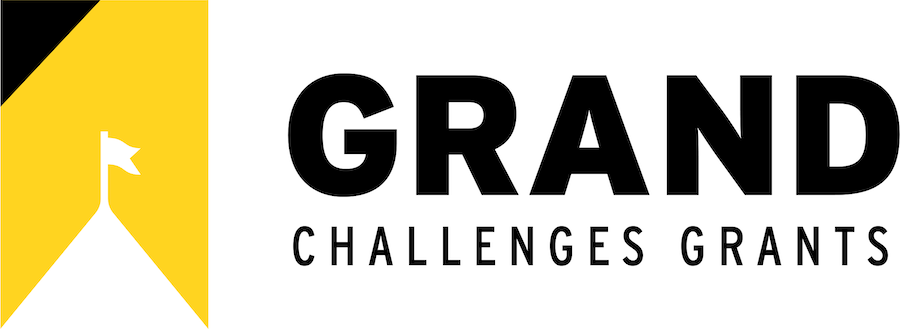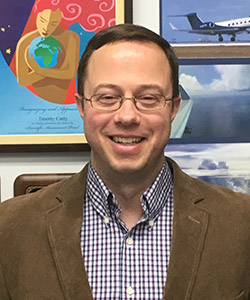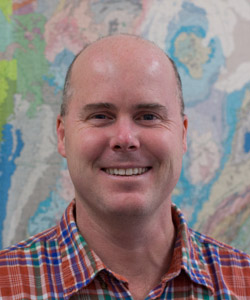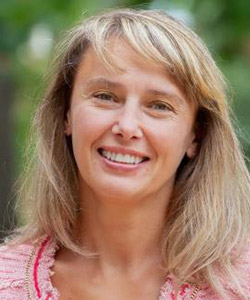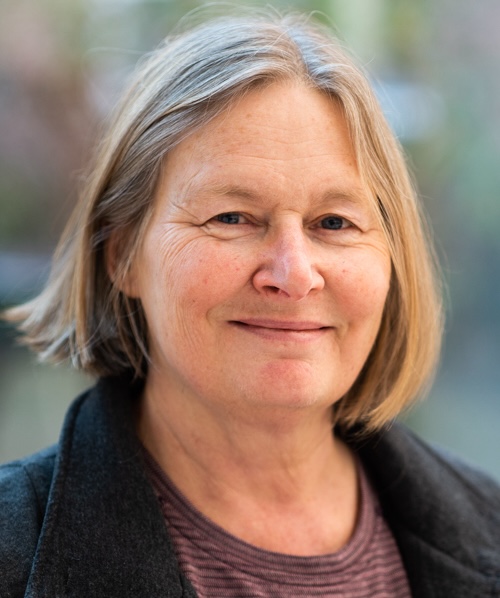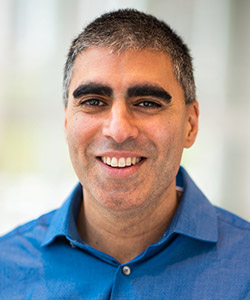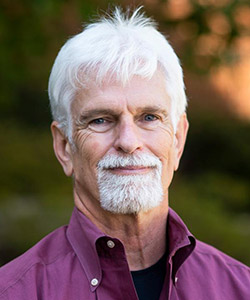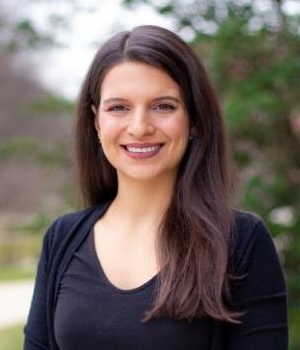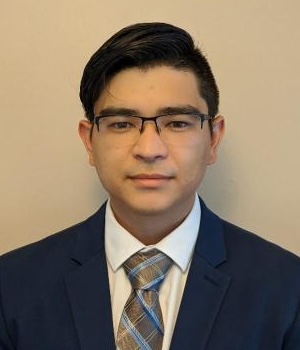Grand Challenges: Climate Resilience Network
Grant Type: Institutional Grant
Topic: Climate Change
Colleges Represented: CMNS, BSOS
University of Maryland Hosts Maryland Community Leaders to Strengthen Climate Resilience
February 5, 2026
Maryland Mesonet Featured in Tracking Local Weather (Maryland Public Television)
November 18, 2025
Maryland Mesonet Station Installed in Harford County (WBFF-TV)
November 18, 2025
UMD’s Climate Resilience Network Tackles Maryland’s Climate Crisis
September 22, 2025
Coal Dust Clouds a Baltimore Neighborhood’s Fight for Clean Air
July 21, 2025
Salt Influx from Land and Sea Spells ‘Double Trouble’ for Drinking Water
March 11, 2025
Flood Detection Technology May Be Coming to Crisfield (WBOC-TV)
February 27, 2025
UMD Researcher Says Road Salt is Impacting Drinking Water (WUSA TV-9)
February 14, 2025
SMCM Contingent Participates in Climate Resilience Workshop
January 13, 2025
In Baltimore’s Curtis Bay, Sooty Air Pollution is on Par with That on Major Highways, Study Finds (Baltimore Sun)
September 6, 2024
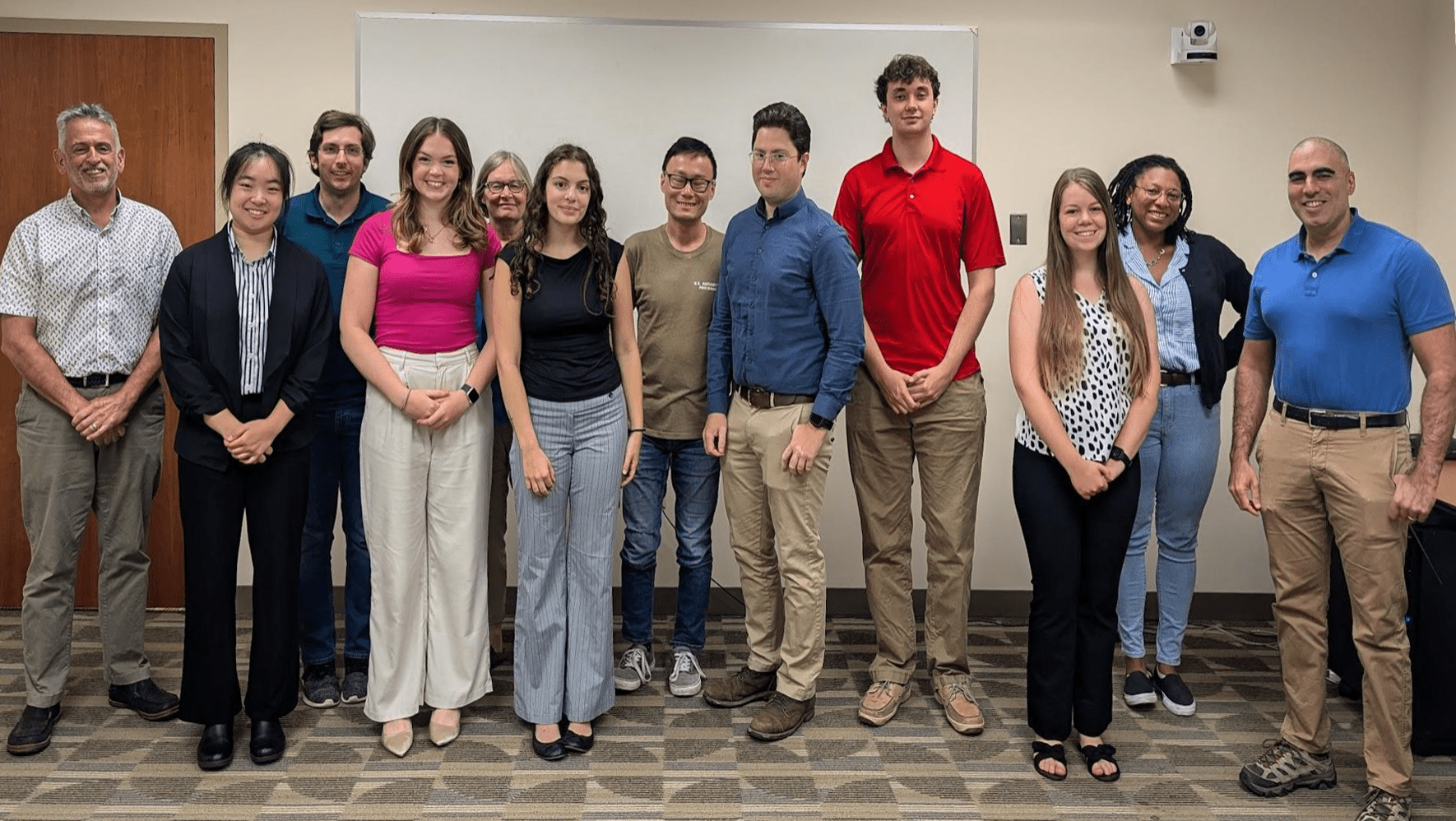
Climate Resilience Network Student Interns Present Summer Projects
August 23, 2024
Dickerson On Improving Air Quality in Maryland’s Overburdened Communities
July 3, 2024
New Flood Sensors Give Real-Time Data at Annapolis City Dock (Chesapeake Bay Magazine)
June 12, 2024
Charles County and Partners Celebrate Maryland HydroNet Launch (Southern Maryland Chronicle)
June 8, 2024
UMD Leads Sensor Project to Cast a Wide ‘Net’ to Predict, Prepare for Floods
June 7, 2024
Sea-Level Sensors Provide Flood Data in Annapolis, Md. (Government Technology)
June 7, 2024
‘We can’t turn our back on rising sea levels’: New Maryland Sensors Measure Flooding in Real Time (WTOP News)
June 6, 2024
New Sea-level Sensors Aim to Provide Annapolis with Better Flood Data (Baltimore Sun)
June 6, 2024
City of Annapolis & University of Maryland Deploy Water Level Monitoring System (What's Up Magazine)
April 30, 2024
Advancing Climate Resilience in Maryland
January 24, 2024
Better Traction, Too Salty Drinking Water: U. of Md. Researcher on Environmental Impact of Road De-icers (WTOP)
January 16, 2024
People Are Disrupting Natural 'Salt Cycle' On A Global Scale, New Study Shows (National Science Foundation)
January 4, 2024
UMD, State Officials Turn on First Tower of Statewide Weather Warning System
Oct. 31, 2023
Scientists Have Found A ‘Sleeping Giant’ of Environmental Problems: Earth Is Getting Saltier (Washington Post)
October 31, 2023
Grand Challenges Team Meets With County Stakeholders
Sept. 13, 2023
Rising to a Grand Challenge: Climate-Related Disasters, Farming Crises
April 26, 2023
September 17, 2025
Climate Resilience Network Seminar Series:
Introduction to the Climate Resilience Network
Mike Maddox, Earth System Science Interdisciplinary Center (ESSIC) & Climate Resilience Network (CRN) Hydronet
4:30 - 5:30 pm, Edward St. John Teaching and Learning Center, Room 2204 & Remote via Zoom
RSVP Here
October 15, 2025
Climate Resilience Network Seminar Series:
Mapping Maryland’s Agricultural Climate Vulnerability with Satellite Observations
Michael Humber, Department of Geographical Sciences (GEOG) & Climate Resilience Network (CRN)
4:30 – 5:30 pm, Edward St. John Teaching and Learning Center, Room 2204 & Remote via Zoom
RSVP Here
January 20 - 21, 2026
Climate Resilience Network
Scientists Serving Communities Workshop: Advancing Climate Resilience in Maryland
Adele H. Stamp Student Union, College Park, MD
Deanes, L. N., Salmeron, B. D., Aubourg, M. A., Schmidt, L. E., Spicer, K., Wagar, C., R. R. Dickerson, et al. (2025). Relation of wind direction and coal terminal activity patterns with air pollution burden in a community bordering a coal export terminal, Curtis Bay, Maryland, USA. Air Quality Atmosphere and Health. <Go to ISI>://WOS:001532972600001
Summary:
The Earth faces existential threats due to climate change. While media attention often focuses on global ramifications, communities in Maryland are already suffering the impacts of climate change. From multiple 100-year floods in Ellicott City to deadly high temperatures in Baltimore to the rising sea levels that threaten the ecology and economy of the Chesapeake Bay, it is clear that climate change is at our door whether we’re ready or not.
Monitoring, predicting, managing, and mitigating these impacts are major challenges that must be overcome in order to allow communities time to prepare for and respond to oncoming extreme events. Typically, these actions occur separately from one another, as researchers fail to involve the needs of stakeholders and stakeholders feel alienated from research. When researchers and decision-makers operate independently, there is a lost opportunity for synergistic, real solutions.
Addressing Climate Challenges for a Sustainable Earth unifies the expertise of UMD’s scientists with the immediate requirements of Maryland’s decision-makers to address the complexities of climate change. Working alongside stakeholders, researchers can assess regional needs and find innovative solutions rooted in both the real demands of the community as well as UMD’s groundbreaking research. Based in a research-to-impact philosophy, the initiative will develop outcomes that meaningfully support our region, state, nation, and world in addressing the societal impacts of climate change.
This initiative will also create impactful crosscutting experiential learning opportunities to engage students of all ages in research-related service. Students will get hands-on experience engaging with both faculty researchers and stakeholders in the state of Maryland, studying topics like climate change, greenhouse gas emissions; geospatial analysis, agriculture and pollution; and more.
Leadership:
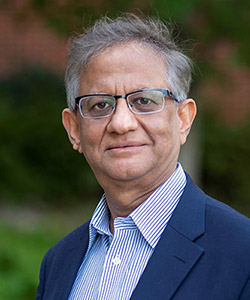 Sumant Nigam (CMNS), Professor and Chair, Department of Atmospheric and Oceanic Science, and Director, Maryland Mesonet |
||||

